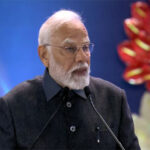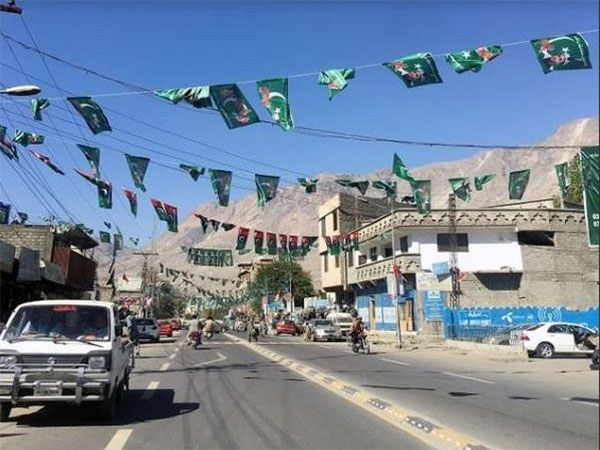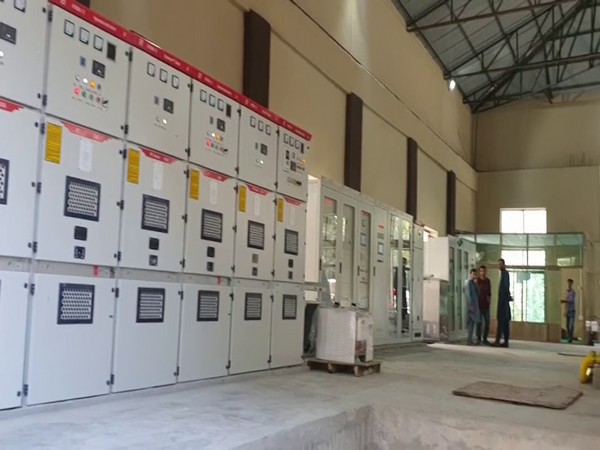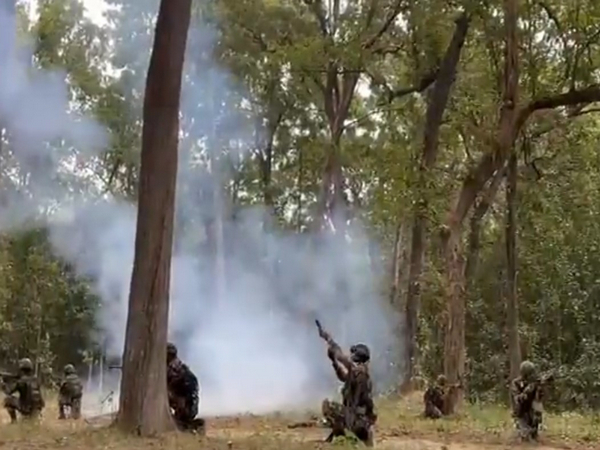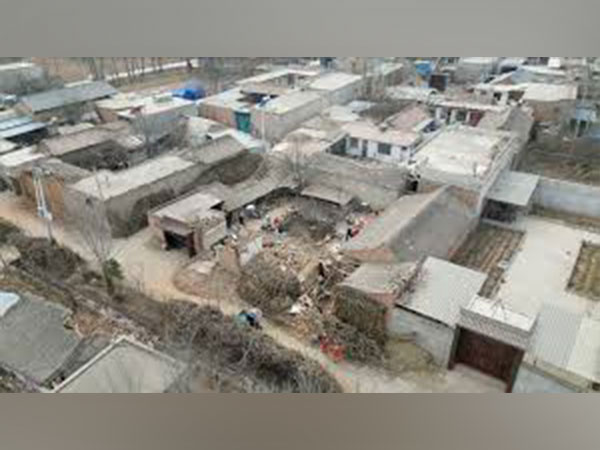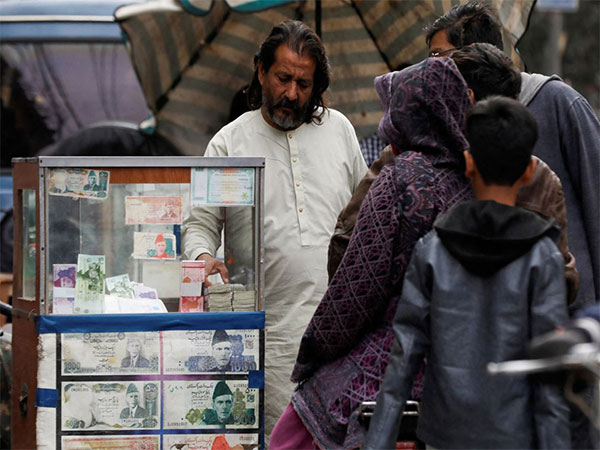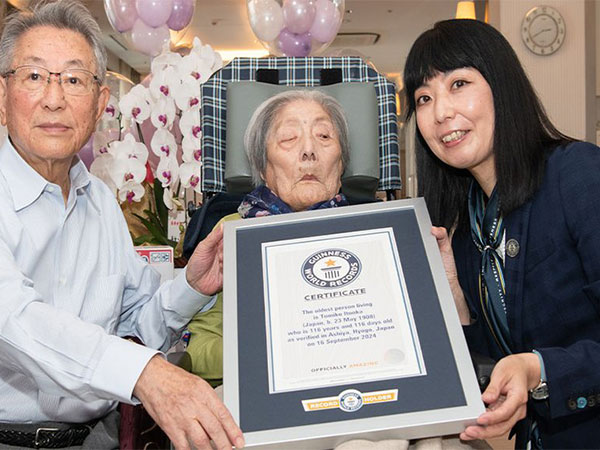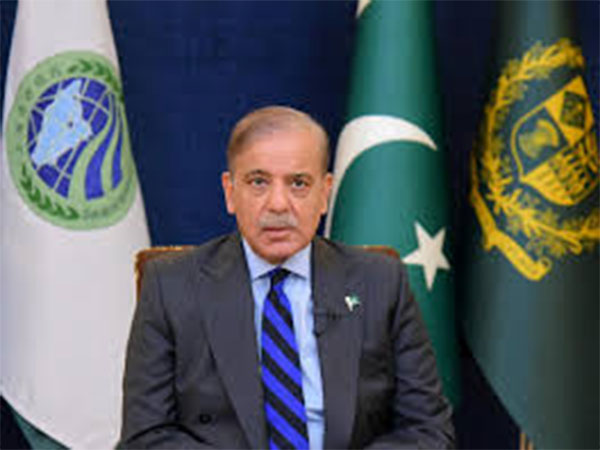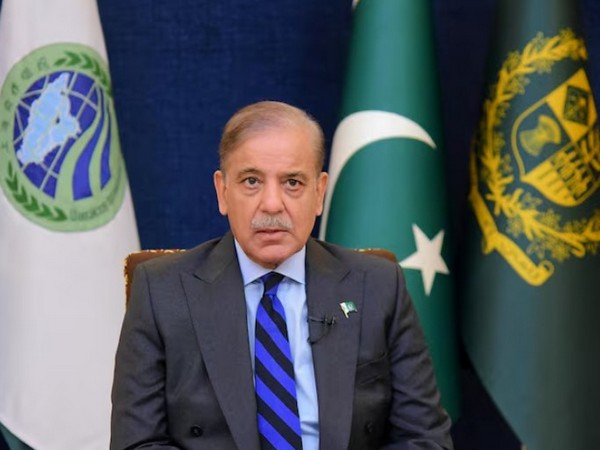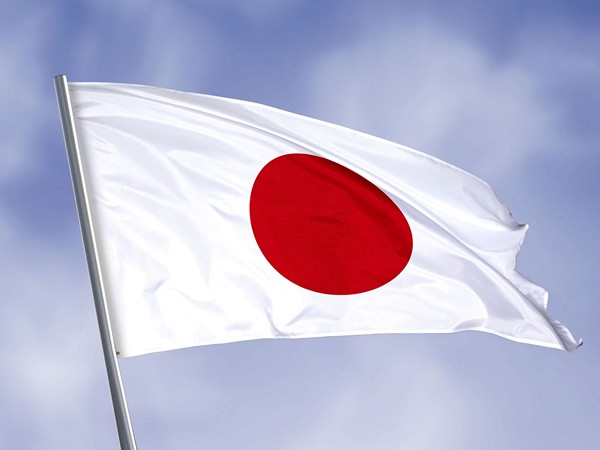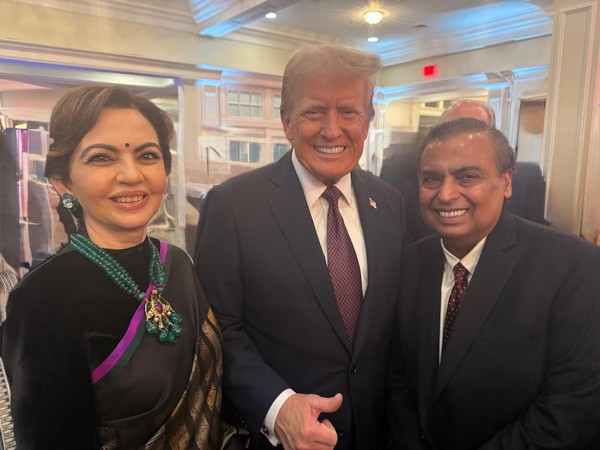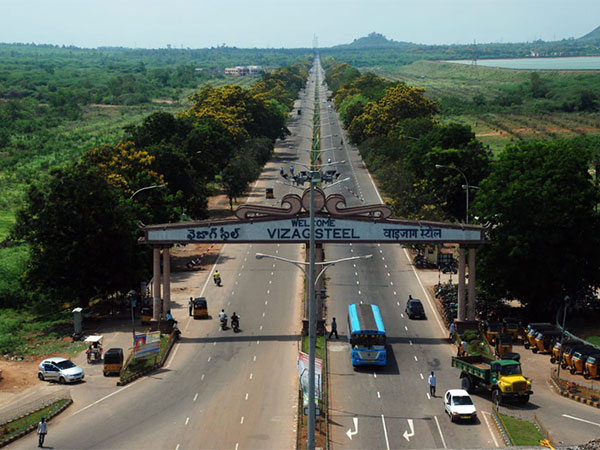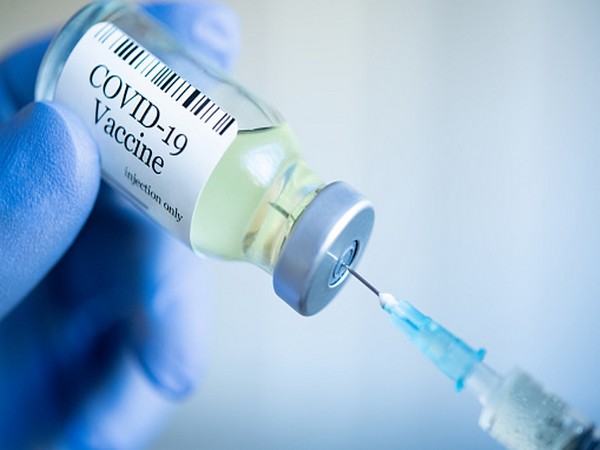
Doctor drawing up Covid-19 vaccine from glass phial bottle and filling syringe injection for vaccination. Close up of hand wearing protective disposable gloves in lab and holding a bottle of vaccination drugs. Hand with blue surgical gloves taking sars-coV-2 vaccine dose from vial with syringe: prevention and immunization concept.
Rawalpindi [Pakistan], June 2 (ANI): Numerous vaccination centres in Pakistan‘s Rawalpindi are reporting a shortage of China’s Sinopharm vaccine, amid an ongoing Covid-19 inoculation drive in the country.
According to Dawn, Mohammad Rafiq, visited a vaccination centre in the city for the second dose of Sinopharm but was told to rertun after two days due to a shortage of Covid-19 vaccines.
“I visited Shehbaz Sharif Sports Complex vaccination centre and the staff refused to give the second dose,” said another person, Mohammad Nisar.
Meanwhile, staff at the Lahore High Court’s Rawalpindi bench vaccination centre informed lawyers about the shortage of the stock of Sinopharm vaccine. These followed a public outcry posing questions on effectiveness of the first jab of the vaccine.
However, Rawalpindi Medical University (RMU) Vice Chancellor Prof Dr Mohammad Umer said that there was no shortage of the vaccine in government-run hospitals, Dawn reported.
He also said that if the second dose is administered very late, it will not have as much impact to save people against the virus.
Rawalpindi District Health Authority Chief Executive Officer Dr Faiza Naeem confirmed that there was shortage of the Sinopharm vaccine, adding she had informed health authorities about the shortage.
“Upon our repeated request, the provincial government committed to dispatch the vaccine in a day or two,” she said.
It was earlier reported that several vaccine supplies in private health facilities have run out and the facility chiefs say that they are struggling to obtain more doses from manufacturers in the face of high global demand.
Apart from shortage, Covid-19 vaccines are unavailable to most of the population in Pakistan due to private sales and higher prices, leading critics to believe that the country is making inoculations only for the wealthy.
Two doses of the Sputnik V vaccine cost as high as USD 80, while the monthly income of an average worker in Pakistan is about USD 110. Moreover, tight supplies have created hurdles for vaccine sales in Pakistan, making them available for only a fraction of the country’s population. (ANI)




